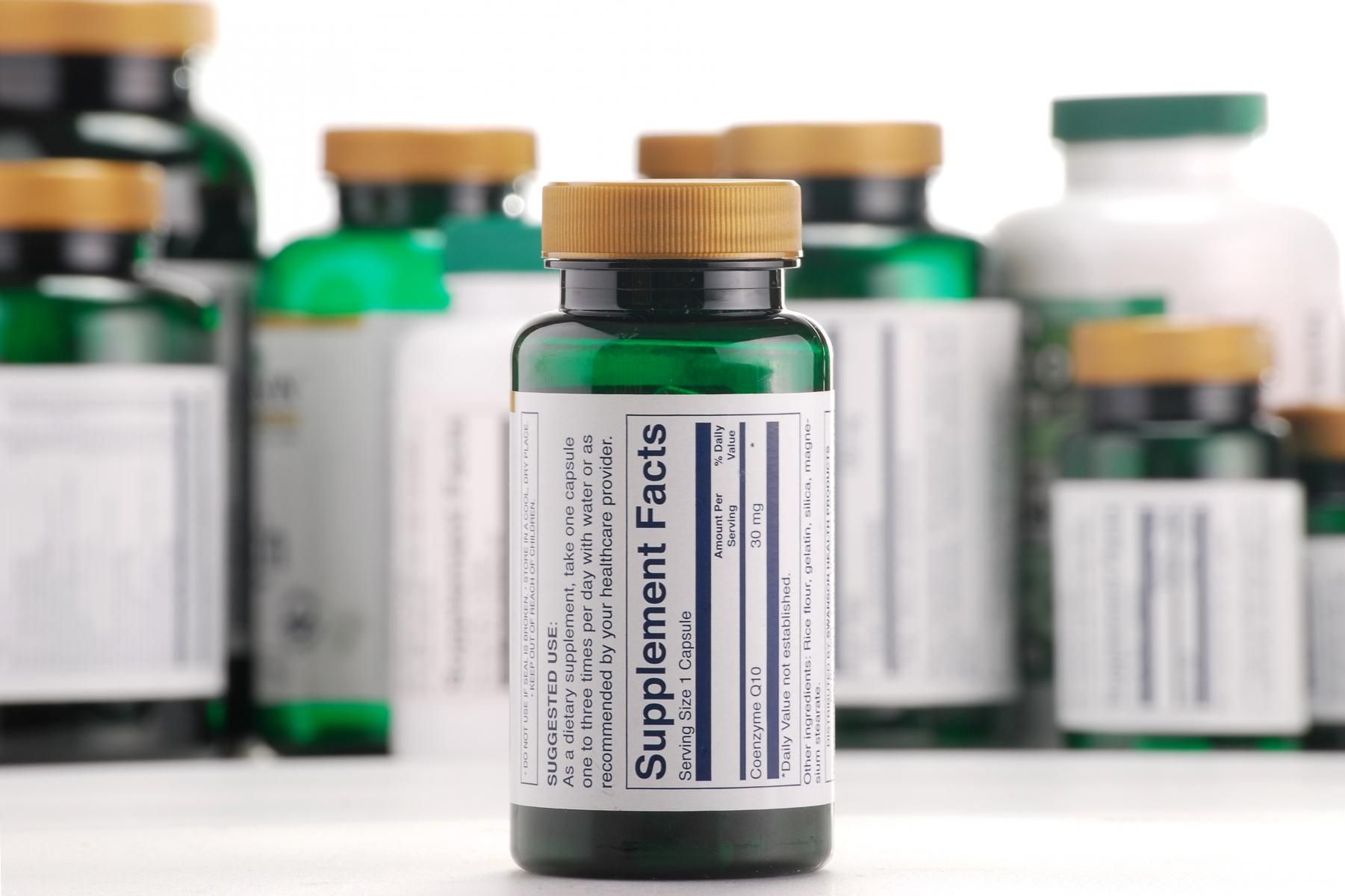CRN Condemns “Self-Serving Publicity Stunt” of New York State Attorney General against Herbal Dietary Supplements
The office of the attorney general has told Nutritional Outlook it is confident in its DNA testing procedures, which led to a call for major retailers to stop selling certain herbal supplements.

Updated February 23, 2015
Herbal dietary supplements are under attack again, this time from the New York State attorney general. On Monday, the office of Attorney General Eric T. Schneiderman sent letters to major retailers GNC, Target, Walmart, and Walgreens, calling for the retailers to immediately pull certain store brand supplements from the shelves, including ginseng, echinacea, St. John’s wort, and more.
The move came after DNA testing commissioned by the attorney general’s office allegedly found the products either did not contain the labeled ingredient or contained substances that were not listed on the label.
But according to the Council for Responsible Nutrition (CRN; Washington, DC), DNA testing is not a valid method to test finished products. The association condemned the attorney general’s actions as “uninformed, reckless, and inexcusable.”
“These actions today by the New York State Attorney General’s (AG) office smack of a self-serving publicity stunt under the guise of protecting public health,” says Steve Mister, president and CEO, CRN. “Supposed concerns about the products in question are based on a novel testing method that has been roundly criticized by botanical scientists who question whether DNA barcoding technology is an appropriate or validated test for determining the presence of herbal ingredients in finished botanical products.”
Processes involved in the production of botanical extracts “can result in the removal or damage of the botanical ingredient’s DNA,” according to a statement from botanical ingredient manufacturer Jiaherb (Parsippany, NJ). Milling, blending, high temperature extraction methods, and solvent extraction are some common production processes that may affect the DNA of an ingredient and render DNA testing ineffective, says Jiaherb. (Updated)
However, in a statement to Nutritional Outlook, the office of the attorney general dismissed the criticism from CRN:
“The industry has repeatedly attacked those who have conducted testing of these products in an attempt to verify their contents,” Schneiderman’s office said, adding that “we are confident in our testing procedures.”
The attorney general’s office also said that “the burden is on the industry to prove that what is on the labels is what is in the bottles.”
Although the attorney general does have the authority within New York to pull products sold to consumers in the state, Mister says “FDA is the expert on dietary supplement regulation and we believe that state law enforcement should defer to federal officials who have much more expertise in these areas.”
In Mister’s opinion, this action is “absolutely not” aligned with FDA’s stance, an agency that “routinely inspects dietary supplement facilities and checks to be sure manufacturers are following strict GMP regulations, which include identity testing of all raw materials.” He also says there is no evidence of consumers who have been hurt after consuming these specific products.
Schneiderman has defended the actions of his office with an appeal to the safety of New York families, especially those who may suffer from allergies to “hidden ingredients.” His office alleges that only 21% of the store brand herbal supplements tested contain DNA from the plants on the labels.
“The old adage ‘buyer beware’ may be especially true for consumers of herbal supplements,” said Schneiderman in a press release. “The DNA test results seem to confirm long-standing questions about the herbal supplement industry.”
Another question that remains is what this move may mean for the future. With one state attorney general tackling herbal supplement regulation, will we see other states following suit?
“We certainly hope not,” says Mister. “As this episode illustrates, DNA barcode testing is not appropriate on many finished products, and this demonstrates what happens when enforcement agencies that don’t have an understanding of the industry get into these kinds of matters.”
The American Botanical Council (Austin, TX) has also issued a statement criticizing the attorney general’s action, suggesting the investigation “should also have used other test methods as controls.”
Michael Crane
Associate Editor
Nutritional Outlook magazine
michael.crane@ubm.com
Photo © iStockphoto.com/monticelllo
The Nutritional Outlook Podcast Episode 35: Prioritizing Women's Health Research and Innovation
October 28th 2024On this month's episode of the Nutritional Outlook Podcast, Cepham's founder and president, Anand Swaroop, discusses the company's recent announcement to prioritize women's health research and innovation.
The Nutritional Outlook Podcast Episode 34: Demystifying Prebiotics and Postbiotics
September 30th 2024In this episode of the Nutritional Outlook Podcast we are looking back on a webcast Nutritional Outlook hosted in May, called “Demystifying the Prebiotic and Postbiotic Markets.” During that event, Sandra Saville, director of education and communication for the International Probiotics Association and Dr. Jessica A. Younes, scientific director of the International Probiotics Association debunked myths about prebiotic and postbiotics, and defined the respective categories to help manufacturers better understand how to responsibly formulate and market prebiotic and postbiotic products.